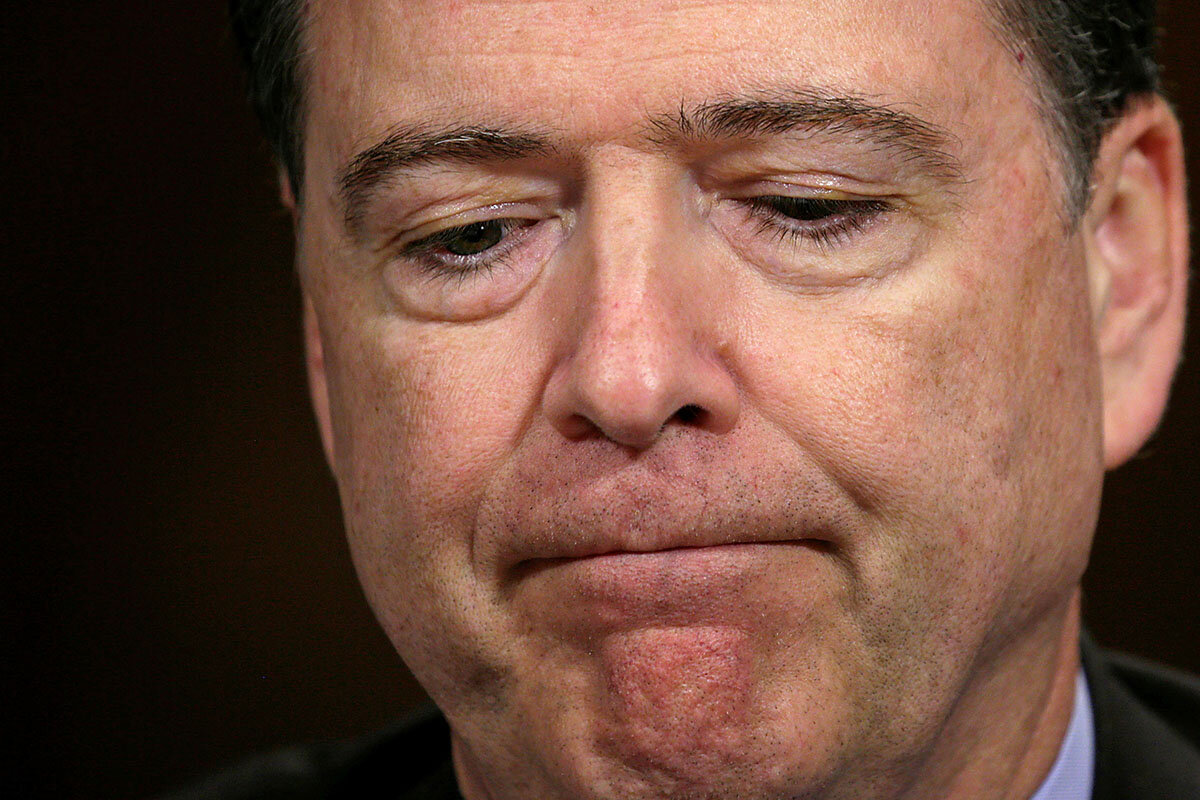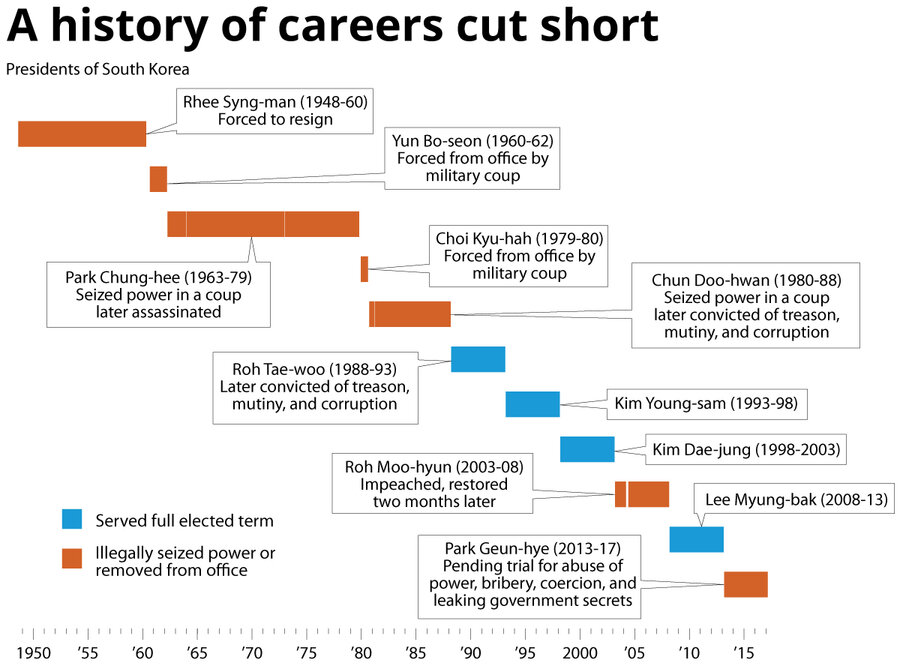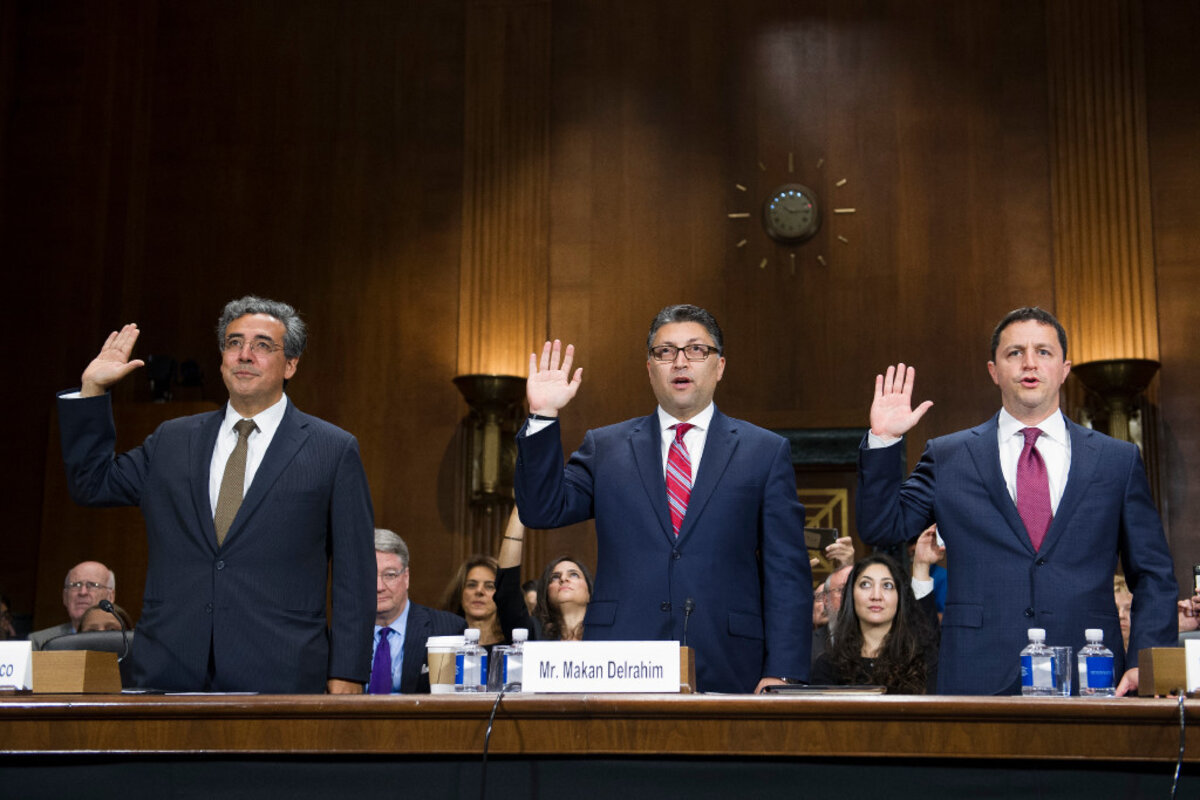First up: Staff writer Henry Gass, along with Washington bureau chief Linda Feldmann, explains why Task No. 1 for the White House may now be to reassure Americans that the FBI will be able to function independently as the nation's top law enforcement agency.
Monitor Daily Podcast
- Follow us:
- Apple Podcasts
- Spotify
- RSS Feed
- Download
 Amelia Newcomb
Amelia Newcomb
Motives are important in politics, as in life, and speculation about the rationale behind President Trump’s firing of FBI Director James Comey is reverberating around Washington – not to mention the country.
Lack of clarity over why the president moved so abruptly has fueled unease and driven a storm of questions: Why, and why now? Can Mr. Comey’s replacement be trusted? Is this a political turning point in an administration beset by tumult? For that matter, how should we interpret why press secretary Sean Spicer hid behind a large hedge last night before finally facing a press desperate for insight?
It's obvious Mr. Trump has wanted to fire Comey. But how he explains the dismissal, and whom he nominates to replace Comey, will shape an array of issues going forward – from investigating Russia’s influence in the 2016 vote to Trump’s agenda with Congress.
Motives speak to foundational values. When they’re understood, even those who disagree with an action can feel reassured. When they’re not, doubt and dissent fester, undermining faith in all actions, innocent or not.










